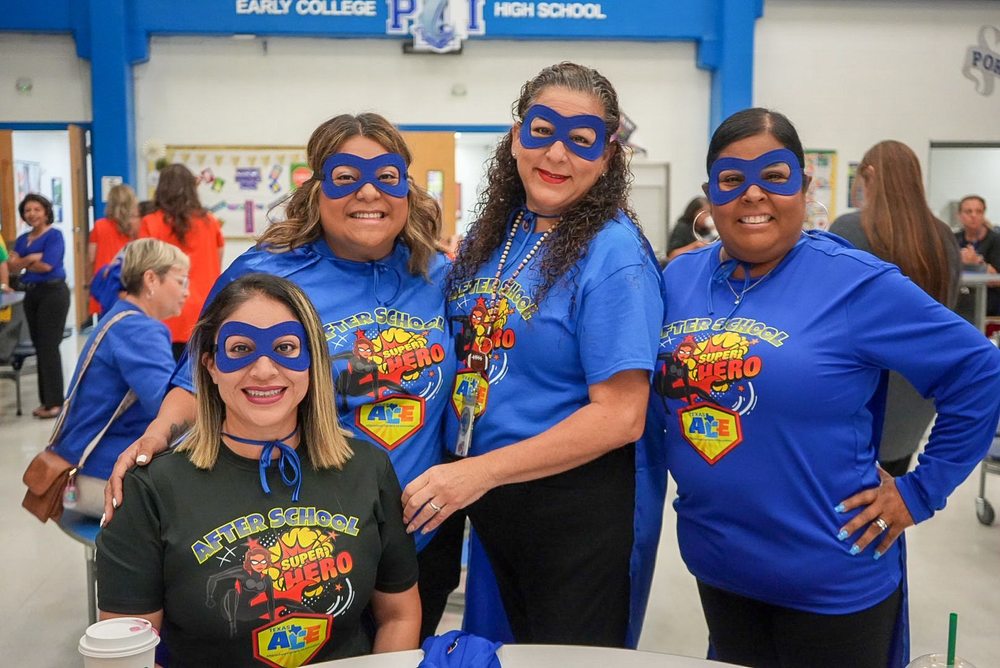Point Isabel Independent School District students will return to class on Monday, Aug. 18, and Superintendent Teri Capistran says the 2025–26 school year will bring new measures to enhance both safety and academics across campuses.
Among the most significant changes is the implementation of a districtwide No Devices Policy, in compliance with Texas House Bill 1481. Under the new rule, students will not be allowed to use personal communication devices—including cell phones, smartwatches, wireless headphones, tablets, laptops, or VR glasses—during instructional hours.
“This change is designed to minimize distractions and improve academic focus while complying with Texas State Law,” Capistran said. Students may keep cell phones turned off and stored in backpacks until the end of the school day. The district is also asking families to ensure students leave all other personal electronic devices at home.
Capistran assured parents that communication needs will still be met. “Every classroom now has a phone that can be used by students in emergencies,” she said. “Parents can also reach their child through the school office.”
Another safety measure continuing this year is the No ID, No Entry protocol. Visitors must present a U.S. government-issued photo ID—such as a driver’s license, state ID, U.S. passport, military ID, or residence card—before entering areas where students are present. For family events like award ceremonies or open houses, the district will follow the same entry procedures as in previous years.
“These measures are about protecting our campuses and ensuring students can focus on learning in a safe, structured environment,” Capistran said. “Safety is not just a priority—it’s the foundation that allows everything else in education to thrive.”
The superintendent also highlighted ongoing academic opportunities, including the district’s partnership with Texas Southmost College, which allows students to graduate from high school with an associate degree.
“We encourage students to take advantage of every opportunity, ask questions, and work closely with our staff,” Capistran said. “Our schools are at their best when our community is engaged, and we look forward to another year of learning, growth, and shared success.”

